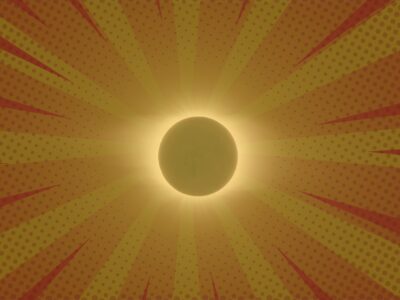“Everything is God”: The Shema and the Environment
 Rabbi Marc Angel is one of the most important Jewish thinkers today: the former chief rabbi of Congregation Shearith Israel , New York’s oldest Sephardic synagogue, he created and now heads the Institute for Jewish Ideas and Ideals, a think tank that has pioneered innovative modern Orthodox thought in the Sephardic tradition. His recent award-winning book on Maimonides and Spinoza is extremely useful reading for anyone interested in religion and philosophy. Rabbi Angel’s thoughts on this week’s Torah portion, which includes the Shema, Judaism’s foundational prayer, offers some interesting new support for Jewish environmentalism.
Rabbi Marc Angel is one of the most important Jewish thinkers today: the former chief rabbi of Congregation Shearith Israel , New York’s oldest Sephardic synagogue, he created and now heads the Institute for Jewish Ideas and Ideals, a think tank that has pioneered innovative modern Orthodox thought in the Sephardic tradition. His recent award-winning book on Maimonides and Spinoza is extremely useful reading for anyone interested in religion and philosophy. Rabbi Angel’s thoughts on this week’s Torah portion, which includes the Shema, Judaism’s foundational prayer, offers some interesting new support for Jewish environmentalism.
At issue is a statement from Pirkei Avot, (literally the “Chapters of the Fathers”), the most important tractate of Mishnah, which has long bedeviled Jewish environmentalists:
Rabbi Jacob said: One who is reviewing his Torah study while walking on the way, and interrupts his study to say, “What a beautiful tree!” or “What a beautiful field!”, is regarded by Scripture as if he endangered his soul.
That is from Chapter 3, Mishnah 9 for those of you keeping score at home, but in any event, it certainly is not going to please the folks at, say, the Coalition on the Environment and Jewish Life, or really any Jew committed to a) the tradition; and b) preserving the planet.
By focusing on the word “interruption,” Rabbi Angel argues that the text is not as anti-environmentalist as it seems. We can learn about God either through Torah study or through contemplation and wonder of nature, Rabbi Angel notes, quoting from Maimonides. The lesson, here, he argues, is
study Torah as a manifestation of God’s words and will; admire Nature as a reflection of God’s wisdom and creative powers. View Torah and Nature as complementary paths to God. Do not “interrupt” between them; do not see them as distinct and separate domains.
This is the true meaning of the Shema, which reads: Hear, O Israel, The Lord our God, the Lord is One. Since God is One, “interrupting” between different ways of appreciating God splits God’s unity apart.
The point here is not focusing on the English word “interrupt.” The Hebrew that is usually translated as “interrupt” is Mafsiq, which at least in modern parlance just means “stops.” If you want someone to stop doing something, you say to them Tafsiq!, or “Stop!” So “interrupt” doesn’t seem to carry much particular weight, at least with my rudimentary Hebrew.
Rather, it is better to interpret Rabbi Angel’s statement in this way: either “stopping” or “interrupting” is bad in Rabbi Jacob’s hypothetical because the traveler is not recognizing that the wonder of nature is itself the work of God. So for someone to think, “I’m stopping the appreciation of God in order to appreciate nature” is in endangering one’s soul because it fails to recognize that “the whole earth is filled with God’s glory.” In doing so, Rabbi Angel is aligning himself with the late 19th century Chasidic master the Sfat Emet, who told his children and grandchildren that the greatest secret of Judaism is that “everything is God.” And that, obviously includes the natural world.
It is particularly nice to see someone with Rabbi Angel’s eminence and learning engaging on critical environmental issues. With droughts, heat waves, and climate-induced power outages making this a “climate change” summer, any good news is particularly welcome.
Reader Comments
2 Replies to ““Everything is God”: The Shema and the Environment”
Comments are closed.








Kol hakavod; thanks for lifting up this teaching.
Kol hakavod; thanks for lifting up this teaching.